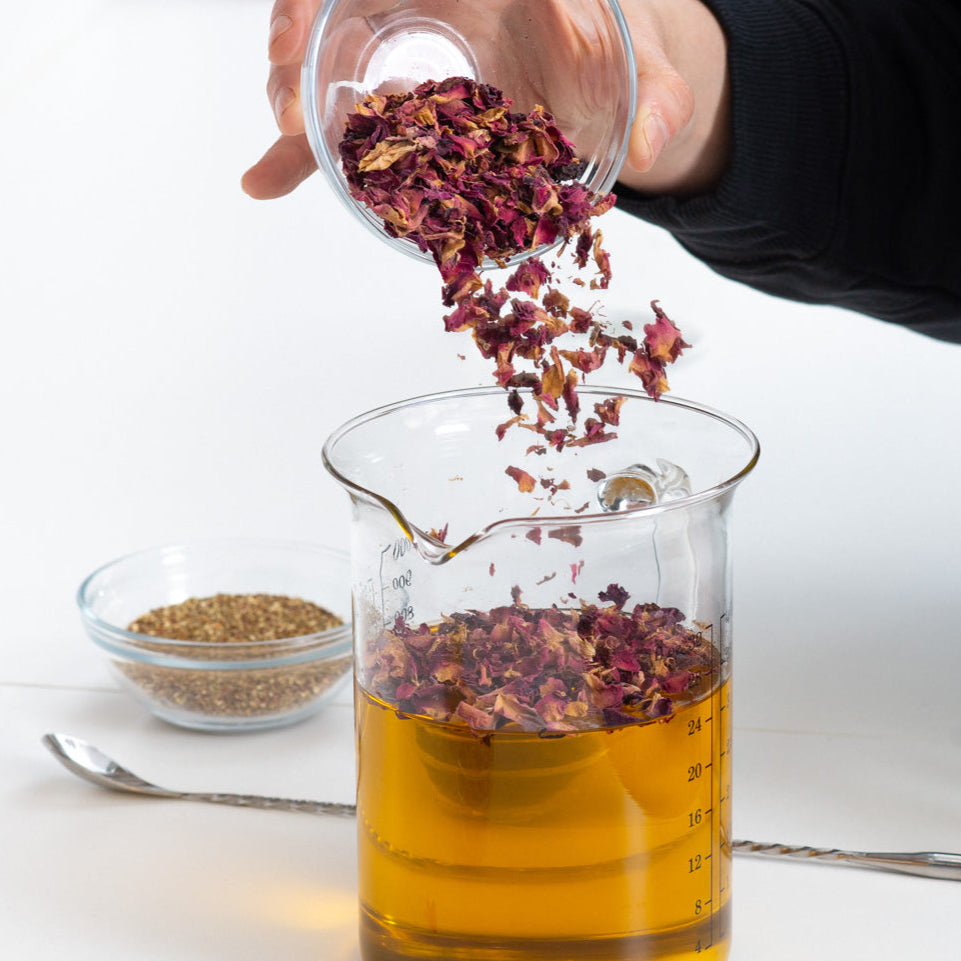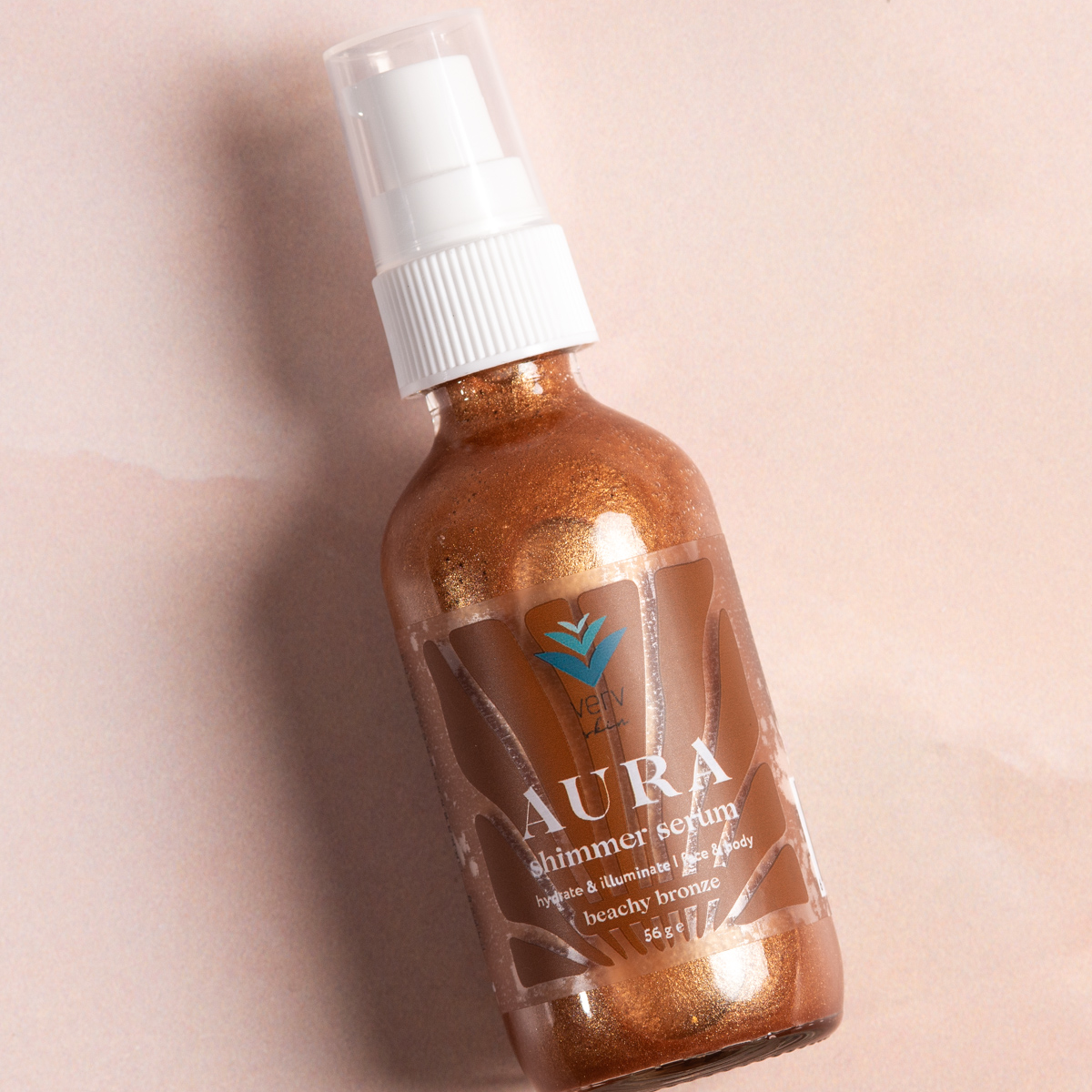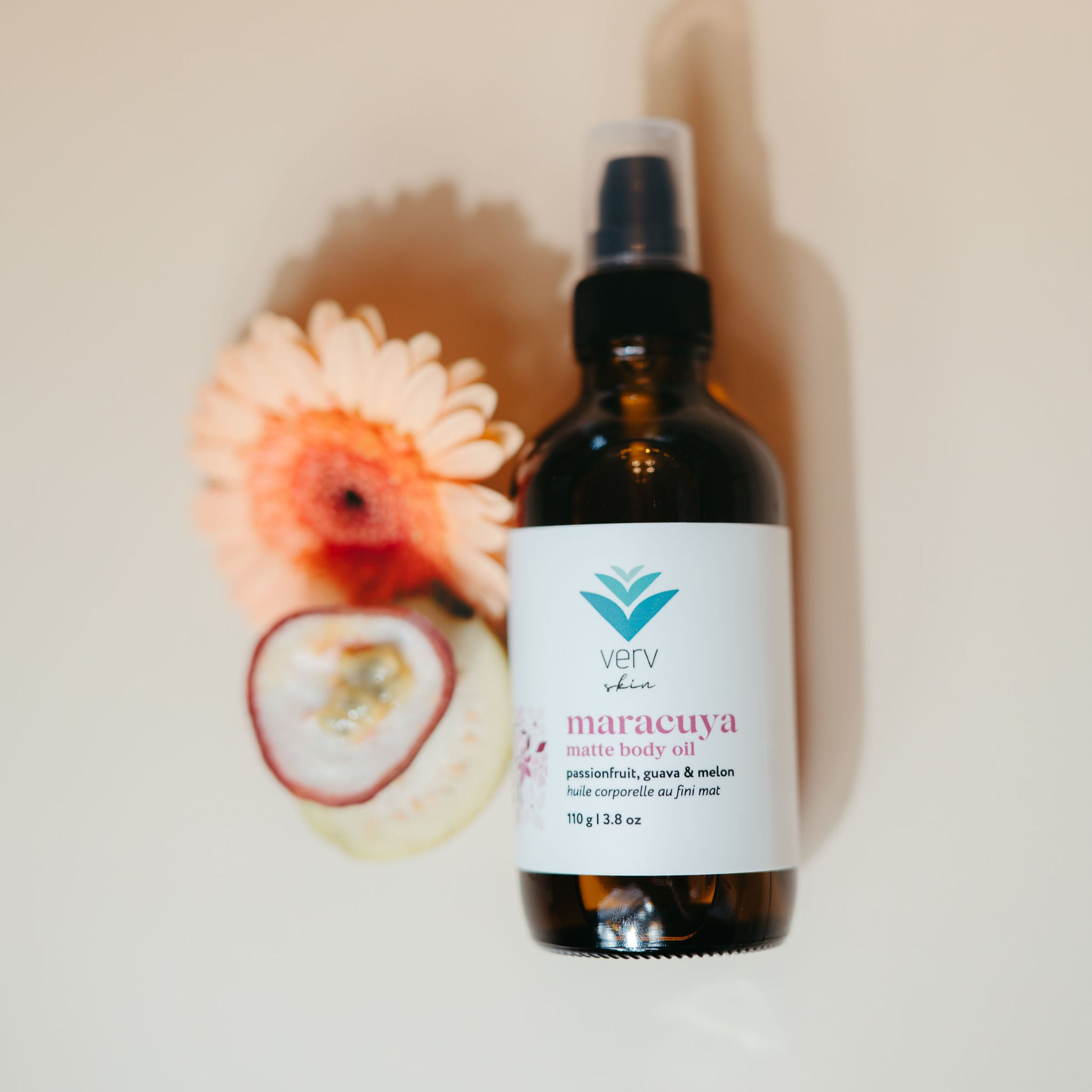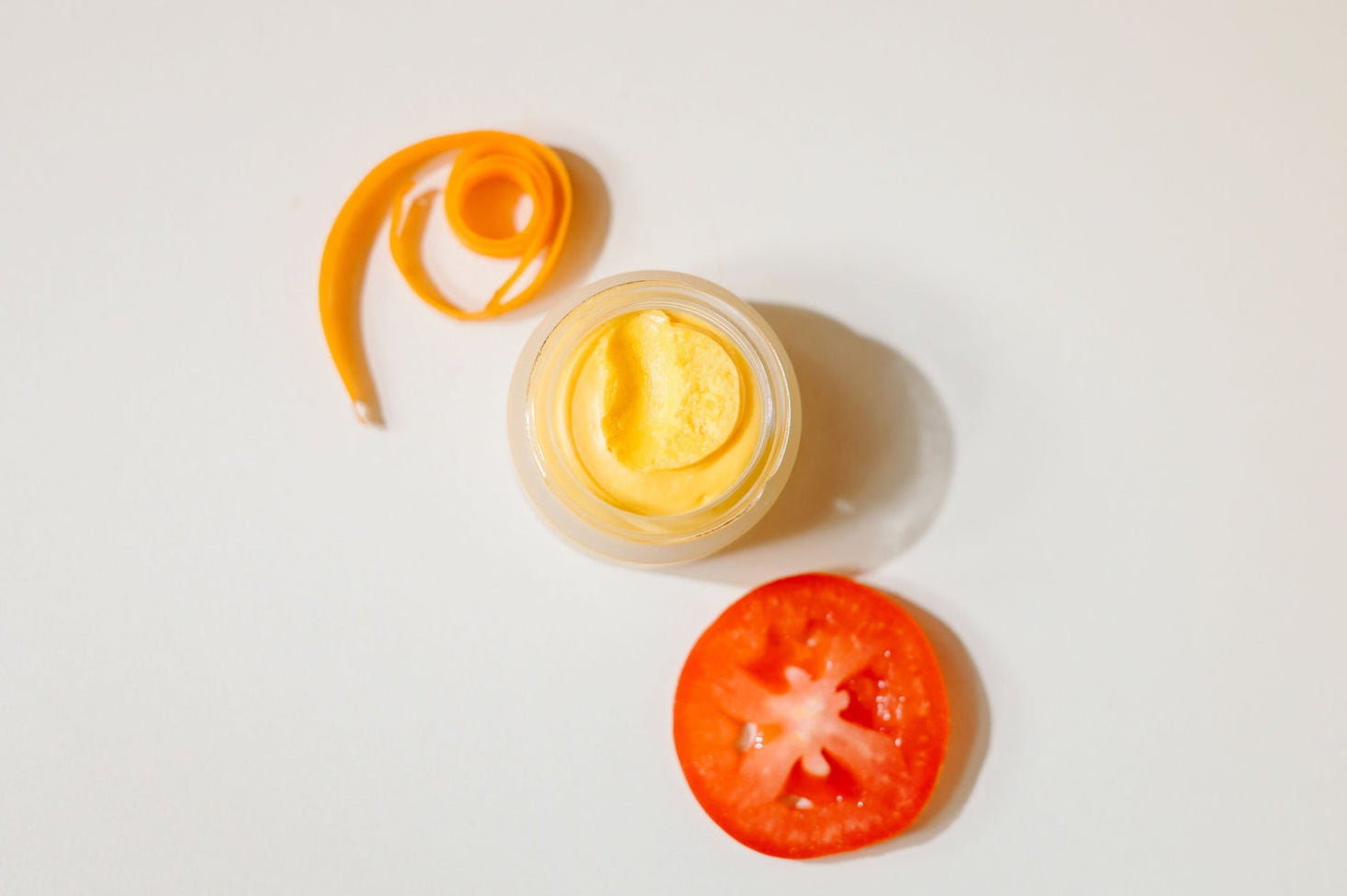It’s that time of year! Gently falling snow, dark and cozy nights and of course….dry and flaking skin. Don’t you love winter?!
Winters in the Northern hemisphere are hard on our skin. Here are some tried and tested tips for keeping your skin healthy and resilient this season
Choose Products with Nourishing Ingredients
Look for natural skincare products that feature rich plants oils, butters and waxes. Healing and conditioning butters include shea, cocoa, kokum, and mango butters. For plant oils some commonly-known favorites include avocado, hemp, safflower, jojoba, argan, olive, apricot and almond, to name just a few. Beeswax and plant-based waxes are called occlusives because they form a protective barrier on the skin which helps prevent moisture loss on cold, windy days.
These ingredients might be formulated into a product called a lotion or cream (water-based) or a balm, oil or salve (oil-based). Both can be helpful and layering the two, beginning with water-based and ending with oil-based, will offer even greater defense.
Ideally you’ll want to see some of the above oils and butters named in the first few ingredients of a list. Ingredient lists show the percent of an ingredient by weight in the total formula. So the first ingredient has the highest percentage and the last ingredient has the lowest percentage, by weight. Don’t be duped by marketing ploys that highlight these ingredients but contain only a very small amount at the end of an ingredients list.
Small or local skincare makers (like us!) utilize these healing oils and butters as main ingredients in their formulas in comparison with commercial producers that often bulk up formulas with cheaper, highly-refined ingredients that offer fewer benefits for the skin.
Make Small Changes in Your Environment & Routine
Your skin will benefit from small changes you can make in your environment and routine. Avoid really hot water in the bath or shower and make sure to apply a gentle body cream or balm afterwards to seal in moisture. Dry, flaky skin? Try exfoliating first with a loofah, exfoliating mitt or sugar scrub so that the cream or balm that follows can actually penetrate the skin.
Drink plenty of fluids throughout the day; your skin can signal internal dehydration with symptoms like redness, inflammation and tightness. Herbal teas and soups are how I like to stay hydrated beyond just drinking water.
Bedside humidifiers or hand-held facial steamers can replenish healthy moisture levels if your home heating source creates very dry air. For the face, this can be done by placing your head over a bowl of warm, filtered water and placing a towel over the head to create a mini sauna effect.
If you’re heading outdoors in the cold, avoid skin exposure; protect your skin with clothing and where that’s not possible, liberally apply a natural balm or heavy cream to shield the skin from moisture-robbing wind and freezing temperatures.
Avoid Ingredients that are Known Irritants
Just as there are ingredients to support the skin, there are others that can exacerbate itchy, irritated and dry skin.
Avoid harsh surfactants like SLS or SLES (sodium laureth sulfate) often found in body washes, gels, face cleansing products and liquid dish soap. These are detergents that over-cleanse the skin and remove the natural oils, or sebum, that contributes to a healthy skin barrier. If you experience a tight, pulling sensation after cleansing your skin, this is often a sign that you are stripping the skin of the good oils. Opt for a gentle cleansing oil or oil-gel for the face that will replenish these beneficial lipids.
Fragrance is another very common irritant for many people. On an ingredient list you may see “fragrance” or “parfum.” These are synthetic scents that can contain hundreds of undisclosed ingredients. You can reduce your exposure to irritating fragrances by choosing unscented laundry detergent, dish soaps and body products. If you love scented products, look for plant-based aromas made from essential oils instead. How can you tell the difference? Natural essential oils are usually listed by their botanical name, for example “Lavandula angustifolia” is lavender.
Alcohol-based toners can also over-strip the skin which causes irritation or the skin to kick into sebum overdrive, producing extra oil to make up for this disruption. Though counterintuitive, it’s for this reason that sometimes oily skin is actually in need of a well formulated face oil or balm to restore the balance of lipids.
Take time to Unwind
Yes, it’s so much easier said than done, but research shows how stress can create or exacerbate difficult skin conditions. When and where you can, carve out time for a relaxing bath, reading a book, listening to a podcast or doing some breath work. Having a healthy and restorative face care routine also offers an opportunity for you to prioritize yourself and enjoy a relaxing sensorial experience.






